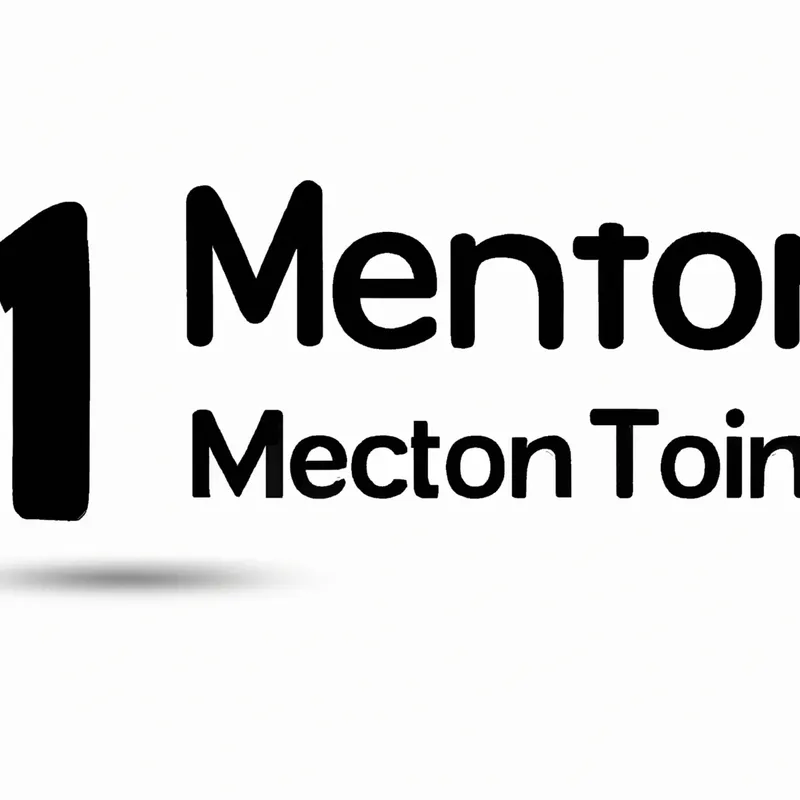Foster Collaboration: Mentorship in Team Training Settings
The Role of Mentorship in Group Training Environments
Mentorship drives success in group training environments. It enhances learning, fosters engagement, and builds strong relationships. Effective mentorship transforms standard sessions into dynamic experiences. This blog post shares tips for mentorship and highlights its benefits.
Tips for Effective Mentorship
Mentors and mentees should follow key tips to improve their collaboration.
Establish Clear Goals
Mentors and mentees must set clear, achievable goals. They should discuss expectations and objectives early on. This clarity maintains focus and aligns their efforts. Goals can include mastering skills, achieving certifications, or developing leadership qualities.
Encourage Open Communication
Open communication ensures successful mentorship. Mentors should create safe spaces for mentees to share thoughts and concerns. Regular feedback sessions build trust and strengthen their bond. Encouraging dialogue allows mentees to voice challenges and seek guidance.
Be Approachable
Mentors must remain approachable and accessible. Mentees need comfort when asking questions or discussing progress. An approachable mentor significantly enhances the mentee’s learning experience. Mentors can show approachability through attentiveness and genuine interest in growth.
Share Resources
Effective mentors should share relevant resources. Articles, books, and online courses can aid the mentee’s learning. Providing resources enriches knowledge and demonstrates commitment to development.
Advice for Mentors and Mentees
Understanding responsibilities leads to fruitful mentorship experiences.
For Mentors
1. **Active Listening**: Mentors should actively listen to their mentees. Understanding perspectives allows tailored advice and support. Active listening shows respect and validates feelings.
2. **Share Personal Experiences**: Mentors should share personal successes and failures. These stories provide insights and inspire mentees to learn from real-world scenarios.
3. **Encourage Self-Reflection**: Mentors should prompt mentees to reflect on their experiences. Self-reflection helps internalize lessons and recognize growth. Guiding questions can facilitate this process.
For Mentees
1. **Take Initiative**: Mentees should take charge of their learning journey.
Conclusion
In conclusion, effective mentorship significantly enhances group training outcomes. Mentors and mentees can create impactful learning experiences together.
Below are related products based on this post:
FAQ
What are the key tips for effective mentorship in group training environments?
Key tips for effective mentorship include establishing clear goals, encouraging open communication, being approachable, and sharing relevant resources. These practices enhance collaboration and create a supportive learning atmosphere for mentees.
How can mentors build trust with their mentees?
Mentors can build trust by creating safe spaces for open dialogue, actively listening to their mentees, and providing regular feedback. Sharing personal experiences and encouraging self-reflection also strengthen the mentor-mentee relationship.
What role does communication play in mentorship?
Communication is crucial in mentorship as it fosters trust and understanding. Open communication allows mentees to express their thoughts and challenges, while mentors can provide guidance and support, ultimately enriching the learning experience.















Post Comment